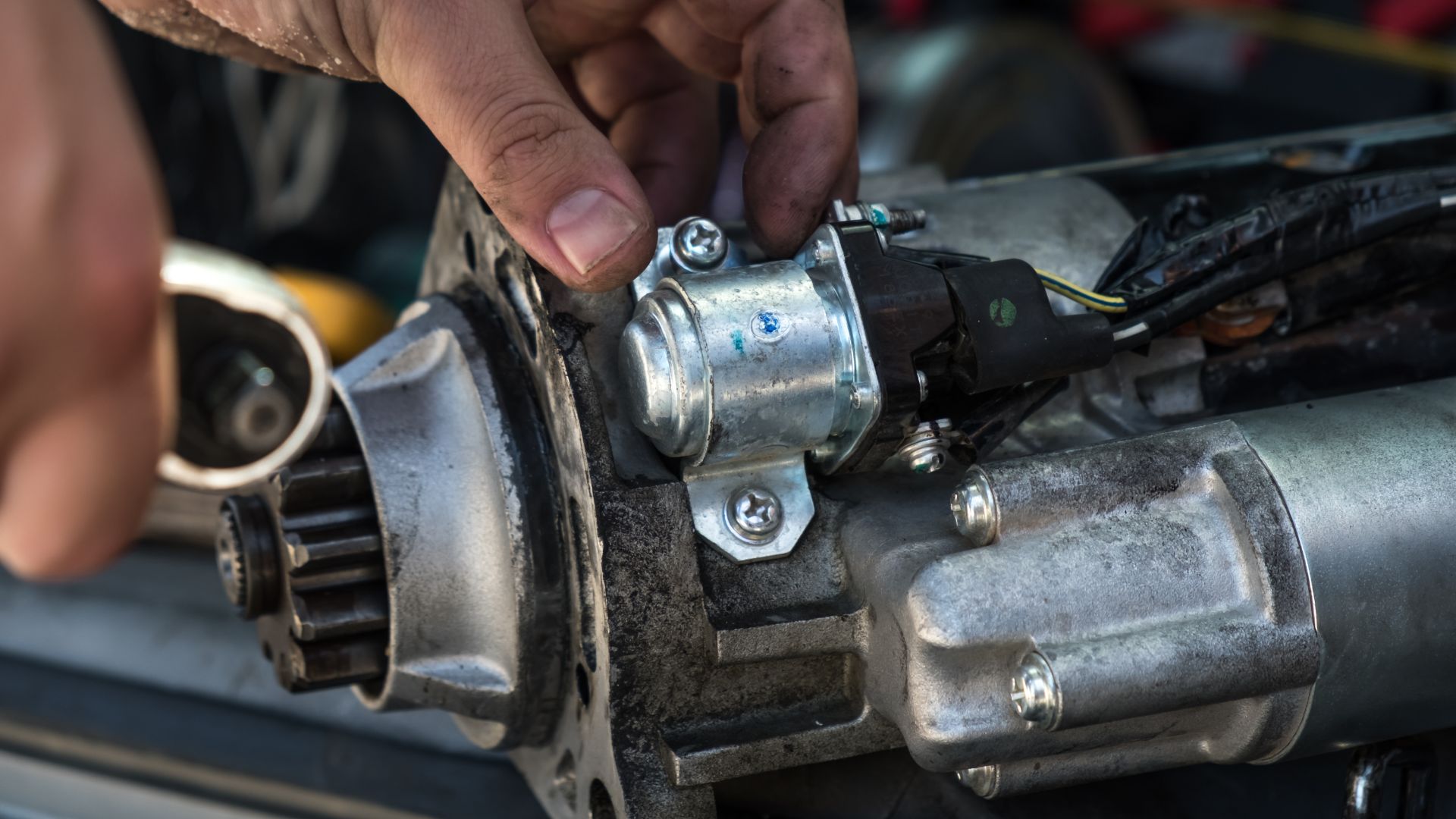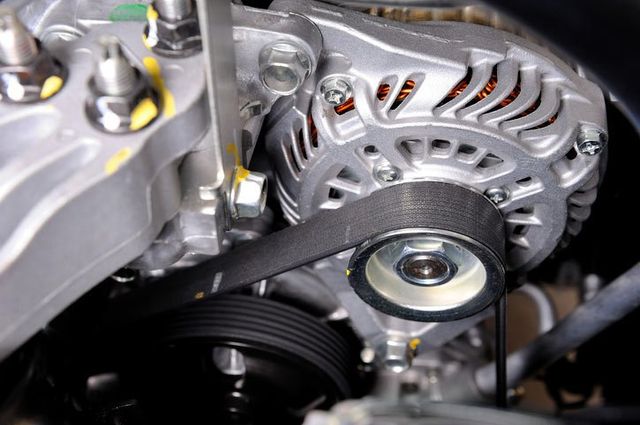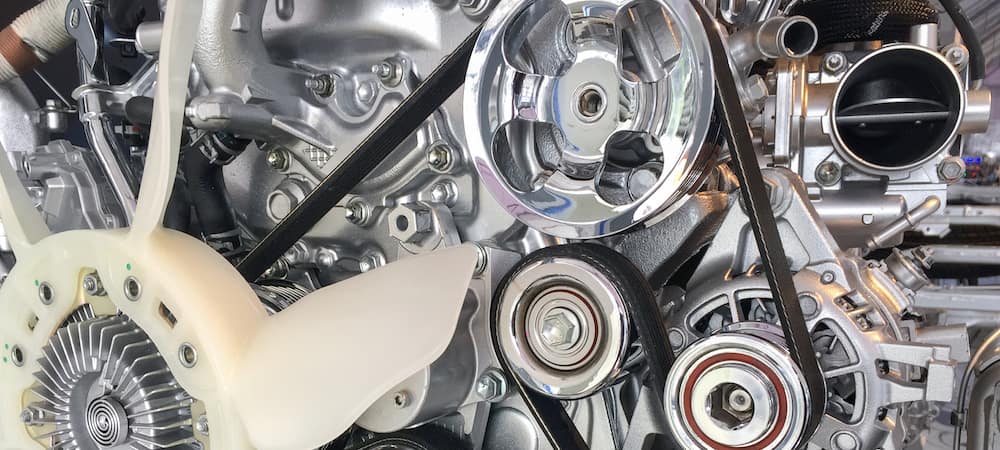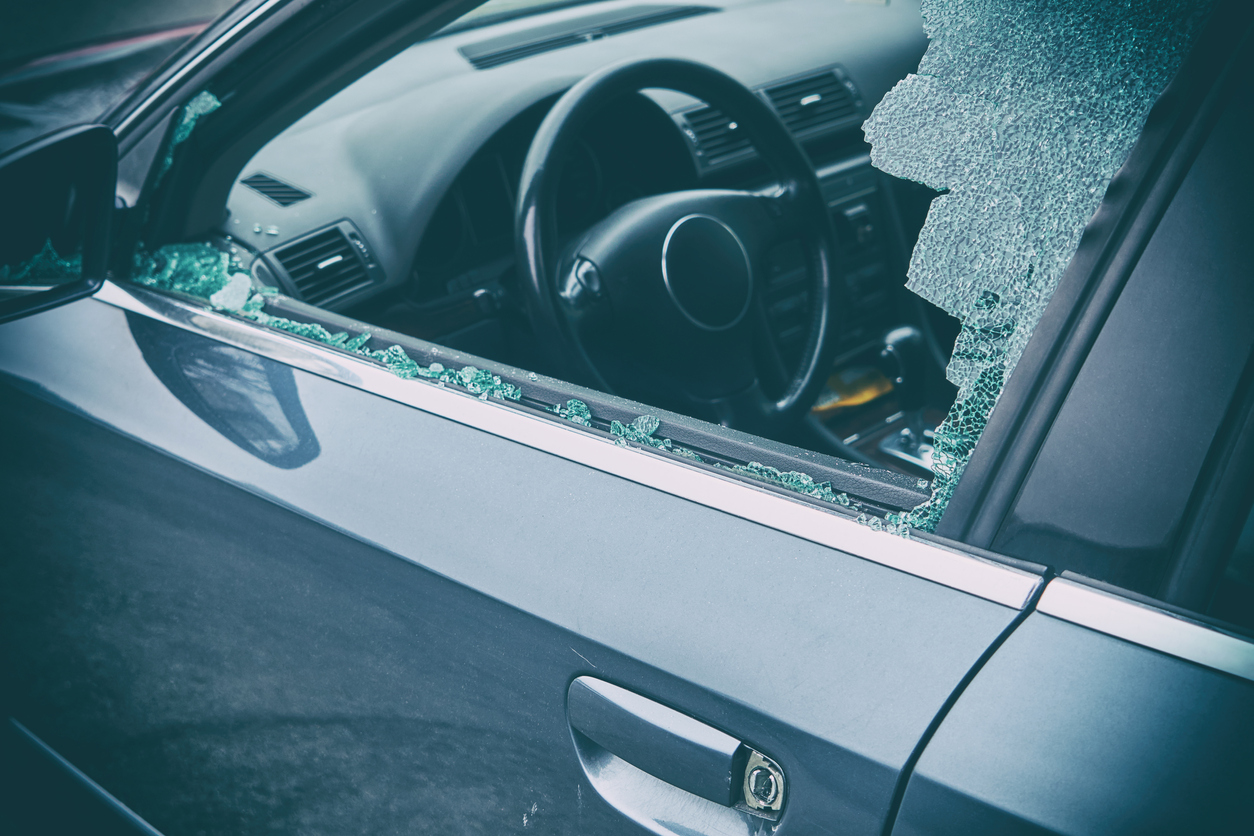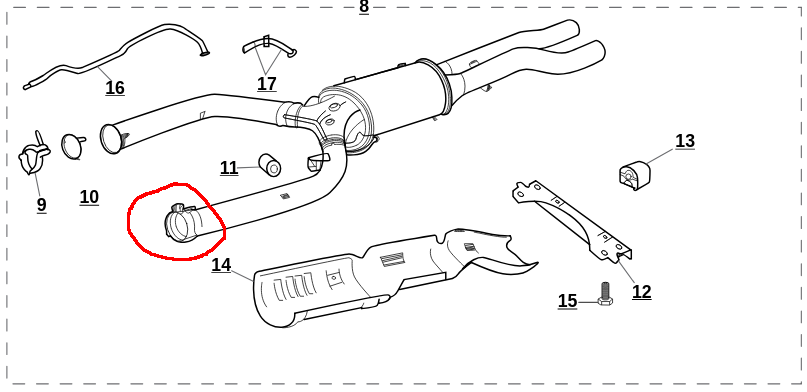How Long Can You Drive With a Bad Starter
Driving with a bad starter is possible until the car engines fails to ignite; it’s highly unpredictable. Immediate replacement is advisable to avoid being stranded.
Experiencing issues with your car’s starter can be a significant inconvenience and poses risks of unexpected failure. A starter is crucial for initiating your vehicle’s engine cycle, and when it begins to fail, it becomes unreliable. Signs of a deteriorating starter include a clicking sound when turning the key, intermittent engine ignition issues, or no response at all.
While sometimes a vehicle might continue to start with some persuasion, this problem can rapidly progress from a minor annoyance to a complete breakdown. Being proactive and addressing a failing starter quickly ensures that your car remains operational and saves you from potential disruption to your daily routine. Ignition trouble should never be ignored, as your vehicle’s ability to start could cease at any moment, making timely repairs essential for uninterrupted driving.
Recognizing A Failing Starter
Recognizing a Failing Starter is crucial for keeping your car reliable. The starter is a motor that cranks the engine, allowing it to start. Driving with a bad starter can lead to a complete breakdown. It’s vital to know the signs of a failing starter to address the issue promptly.
Common Symptoms
- Clicking sound: A telltale click when turning the key often signals a bad starter.
- Engine won’t turn over: If the engine does not start, the starter might be at fault.
- Dash lights come on, but the engine doesn’t start: This can indicate starter trouble.
- Intermittent issues starting the vehicle: If starting is unpredictable, the starter may be failing.
- Slow cranking: If the engine cranks slowly, the starter might be weak.
Diagnosing Issues
Diagnosing a starter requires a few steps. Check the battery first. A weak battery can mimic starter problems. Test the electrical connections to the starter for cleanliness and tightness. A professional mechanic can perform a draw test on the starter to measure the amount of electrical current it pulls.
Impact Of Driving With A Bad Starter
The starter in your vehicle is the unsung hero of your ignition process, masterfully kicking your engine to life each time you turn the key. But what happens when this critical component starts to fail?
Driving with a bad starter can mean trouble, and it’s vital to know the impact it can have on your vehicle both short and long-term.
Short-term Effects
Intermittent Engine Ignition: You may experience occasional failures when starting your car.
- Stress on Battery: Frequent attempts to start your car can drain the battery faster.
- Electrical Issues: Other components can suffer from repeated unsuccessful start attempts.
Long-term Consequences
A bad starter left unattended can lead to more serious issues:
- Total Starter Failure: Eventual complete breakdown will leave your vehicle immobile.
- Flywheel Damage: Consistent grinding wears down the flywheel, complicating repairs.
- Towing Costs: You might have to pay for towing if the car fails to start.
Maintenance delays can turn a simple starter repair into a costly affair.
Factors Influencing Starter Durability
A vehicle’s starter motor plays a critical role in igniting the engine. Its lifespan can vary, largely dependent on multiple factors. To understand how long you can drive with a bad starter, it’s essential to consider these key elements: the quality of the starter itself and your driving habits.
Quality Of The Starter
The build quality of the starter motor significantly impacts its durability. Premium starters constructed with high-grade materials tend to last longer. They evenly wear over time, sustaining performance despite repeated use. Budget-friendly options may save money upfront but could lead to earlier replacement. A table differentiating high-quality and low-quality starters may include:
| High-Quality Starter | Low-Quality Starter |
|---|---|
| Durable materials | Prone to quick wear |
| Longer life expectancy | Shorter life span |
| Consistent performance | Unreliable operation |
Driving Habits
Your driving habits also affect starter longevity. Frequent, short trips prevent the starter from fully heating up, leading to potential issues. On the other hand, long drives can enhance starter life by allowing it to operate at optimal temperatures. A list highlighting driving habits that impact the starter might include:
- Short trips vs. long drives
- Number of engine starts per day
- Maintaining vehicle health
- Weather conditions and temperature
Attentive maintenance and sensible driving can extend the life of your starter. Ignoring signs of wear could result in sudden failure, leaving you stranded.
Temporary Fixes For A Faltering Starter
When your starter begins to fail, you might need a quick fix to keep moving. Understanding temporary solutions can help extend the life of your faltering starter, albeit for a short time. Let’s discuss some useful tricks that can get your car started in a pinch. These methods should only serve as a stopgap until you can address the root issue.
Jumpstarting Techniques
Jumpstarting can breathe temporary life into a bad starter. Here’s how to do it:
- Park a working car close to yours.
- Connect jumper cables correctly.
- Start the working car and let it run.
- Attempt to start your car.
If your car starts, the battery might be the culprit. Drive straight to a mechanic.
Tapping The Starter
A gentle tap on the starter motor might help. Follow these steps:
- Locate the starter motor.
- Use a hammer to lightly tap the starter.
- Try igniting the engine.
If this works, your starter has internal issues. Visit a repair shop soon.
The Risks Of Procrastination
The risks of putting off repairs to your car can lead to serious consequences. A bad starter is no exception. Ignoring this crucial issue invites a range of problems. Your vehicle’s reliability is at stake.
Stranded At Inopportune Times
With a faulty starter, your car may fail to start without warning. This can leave you stranded:
- In remote areas with no help nearby.
- During important events or emergencies.
- When you might face extreme weather conditions.
A proactive approach is vital. Replace a bad starter to ensure you’re always on the move.
Additional Vehicle Damage
Continuing to drive with a bad starter can lead to other car problems. Let’s outline the potential issues in a simple table:
| Vehicle Part | Damage Risk |
|---|---|
| Battery | Excessive strain leading to failure |
| Electrical System | Overloaded circuits and burnt components |
| Engine | Uneven wear and tear due to misfires |
Prevent further damage by addressing starter issues promptly. It saves time and money.
Expert Recommendations
Knowing the limits of driving with a bad starter is critical. Your car’s starter is a powerful electrical motor that kicks your engine into motion. Driving with a faulty one isn’t just risky; it may leave you stranded without warning. Experts stress the urgency of addressing starter issues promptly.
Professional Assessment
Don’t ignore the signs. A professional mechanic can gauge the severity of your starter’s condition. Common symptoms include unusual noises when starting, intermittent engine startup failures, and a car that won’t start at all. Timely diagnosis can save you from unpredictable breakdowns.
Consider these points when seeking a professional assessment:
- Listen to your car. Unusual sounds often indicate starter trouble.
- Check the lights. Dimming lights on the dashboard could be a hint.
- Test starts. Does the engine struggle or fail to start? It’s a tell-tale sign.
When To Replace The Starter
Replace the starter as soon as it shows consistent issues. Once a starter begins to fail, it can lead to a cascade of mechanical problems. Driving with a bad starter can ultimately harm your engine.
Here’s what to consider for replacement timing:
| Indicator | Action |
|---|---|
| Intermittent starting problems | Replace immediately |
| Noisy cranking sounds | Consult a mechanic |
| Starter stays on after starting | Urgent replacement needed |
Don’t wait until it’s too late. Stranded vehicles are more than an inconvenience; they’re a safety hazard. Take action early and ensure your starter functions properly.
Preventative Measures
Frequent checks and care may save a starter from early failure. A starter’s life depends on many factors. Planning routine checks ensures better vehicle health. This section discusses the best preventative measures.
Regular Maintenance Tips
Keeping a starter operational involves simple steps. Follow these tips:
- Inspect your battery: A healthy battery means less strain on the starter. Check for corrosion. Ensure clean and tight connections.
- Check electrical connections: Loose or dirty connections can affect starter performance. Clean and secure all starter connections regularly.
- Listen for noises: Grinding or whirring sounds can indicate starter issues. Address these sounds promptly.
- Be mindful of weather: Extreme temperatures affect battery health. Protect your vehicle from harsh weather when possible.
Recognizing Early Warning Signs
Spotting trouble before it escalates saves time and money. Look out for these signs:
| Warning Sign | Possible Cause | Action to Take |
|---|---|---|
| Car not starting on first try | Weak starter | Get a system check |
| Flickering dashboard lights | Electrical issues | Inspect connections |
| Starter stays on after engine started | Sticky solenoid | Immediate repair needed |
| Smoke on starting | Overheating starter or short circuit | Turn off vehicle and seek help |
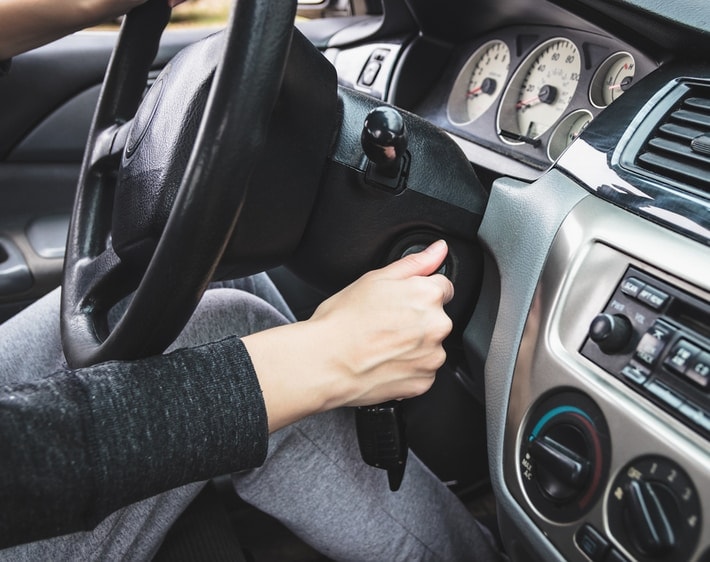
Credit: www.firestonecompleteautocare.com
Frequently Asked Questions On How Long Can You Drive With A Bad Starter
Can A Car Start With A Faulty Starter?
A car may start with a faulty starter, but it’s not guaranteed. Intermittent issues can sometimes allow the engine to turn over before the starter fails completely. Frequent attempts may cause further damage or complete failure.
What Are Symptoms Of A Bad Starter?
Common symptoms of a bad starter include a clicking noise when turning the key, the engine not turning over, intermittent starting issues, and the starter staying on after the engine has started. A failed start indicates it’s time to check the starter.
How Does A Bad Starter Affect Driving?
Once a vehicle has started, a bad starter doesn’t typically affect driving performance. However, if the starter fails while on the road, you won’t be able to restart the engine if you turn it off, leading to a stranding risk.
Will A Jumpstart Help With A Bad Starter?
A jumpstart can sometimes help if the issue is a weak battery, but it will not solve a mechanical problem with the starter itself. If the starter is physically damaged or electrically malfunctioning, a jumpstart won’t work.
Conclusion
Driving with a faulty starter is risky business. It’s a gamble that could strand you without warning. For safe and reliable vehicle operation, addressing starter issues promptly is vital. Trust your car to a professional mechanic and avoid the uncertainty on the roads.
Keep your journeys smooth; prioritize starter repairs.

